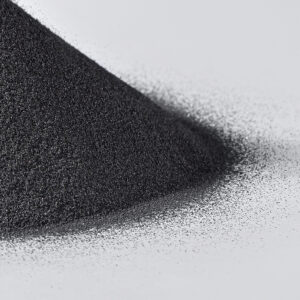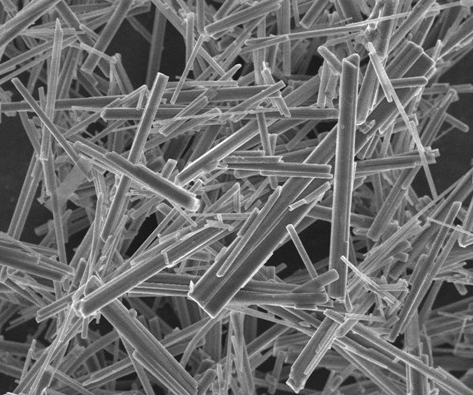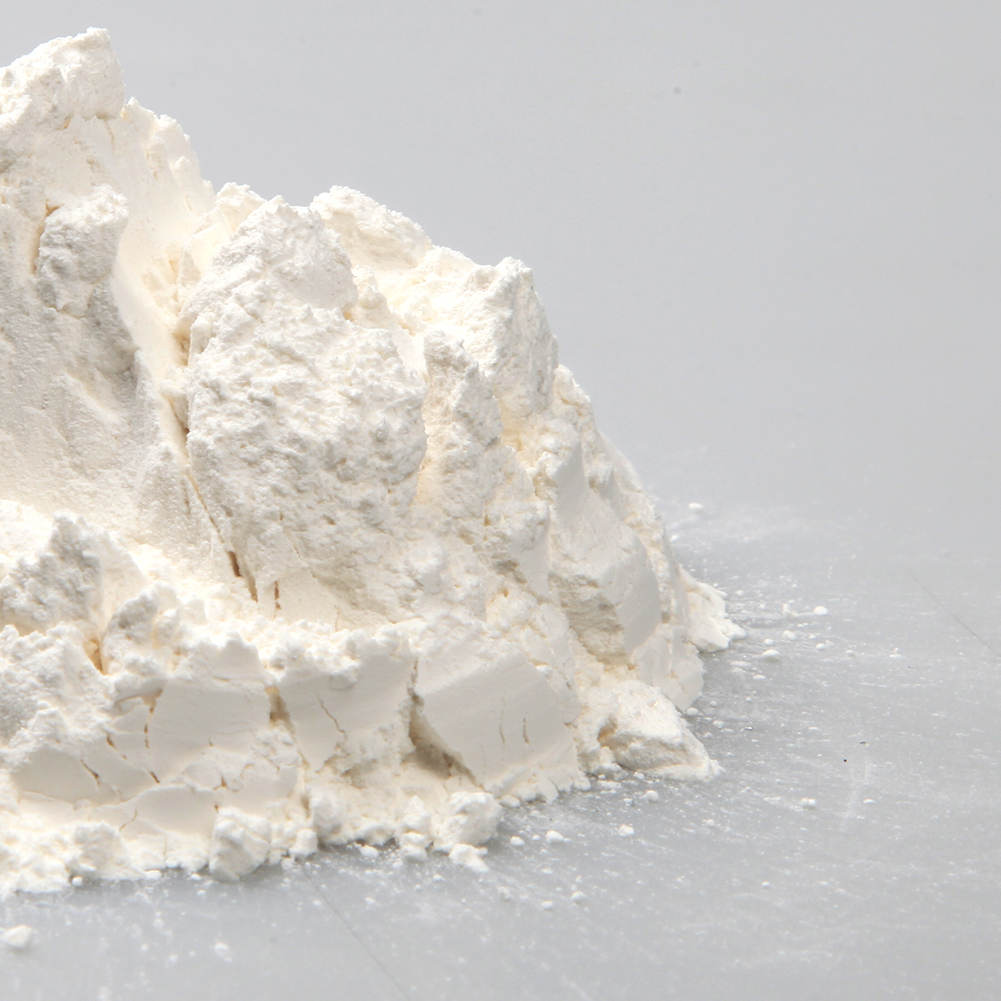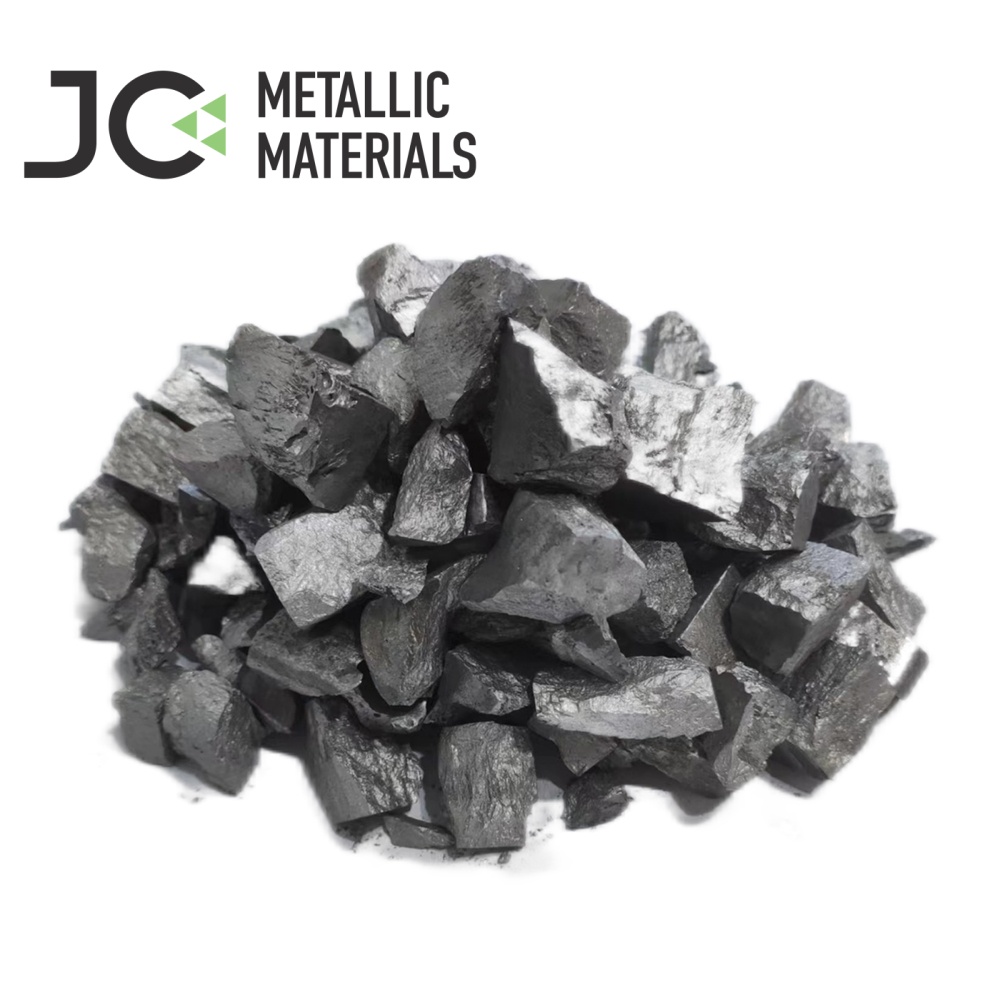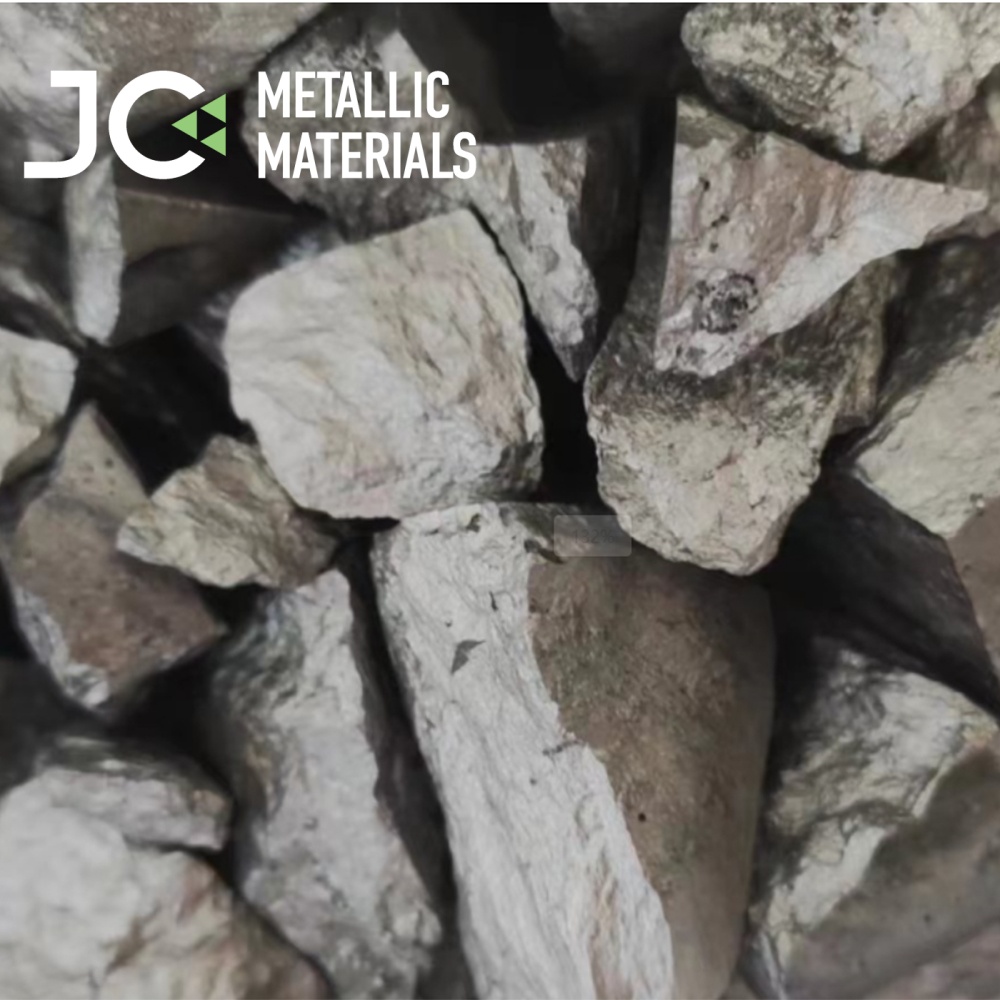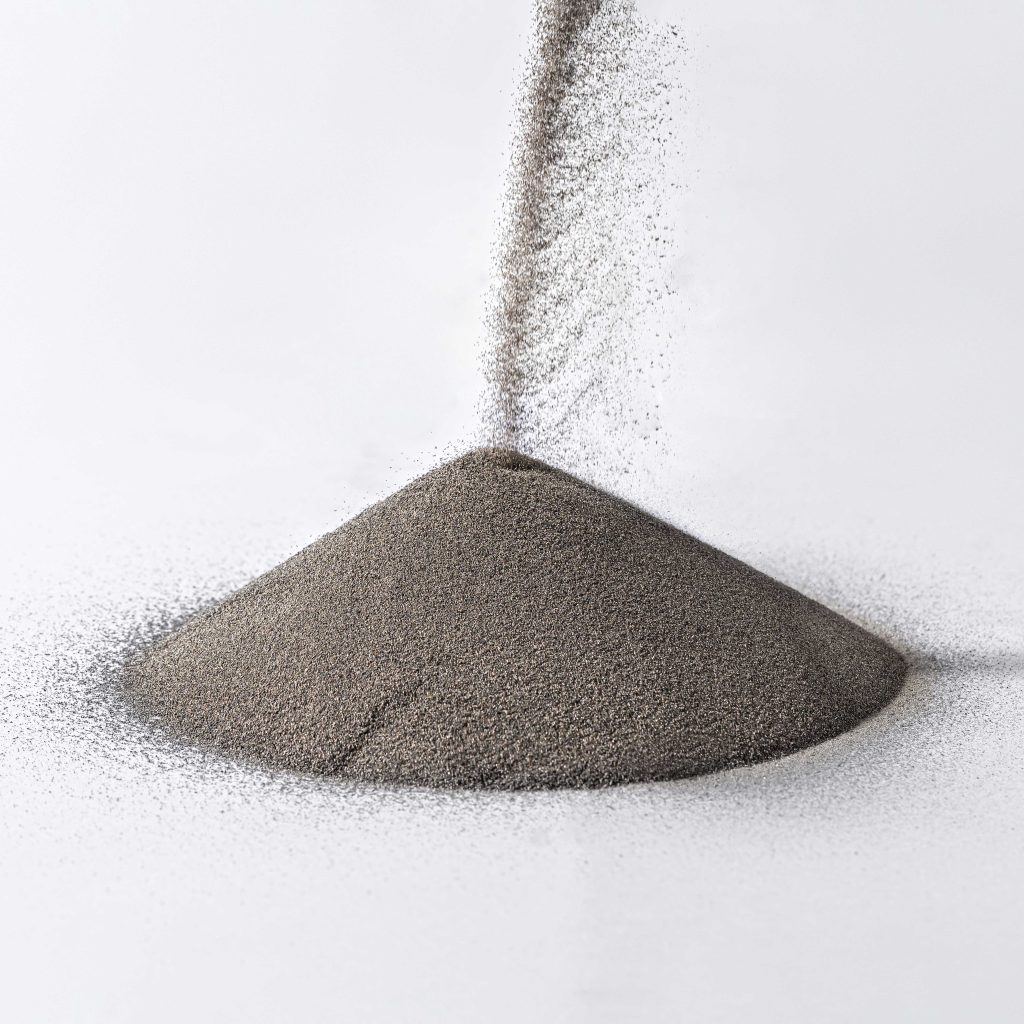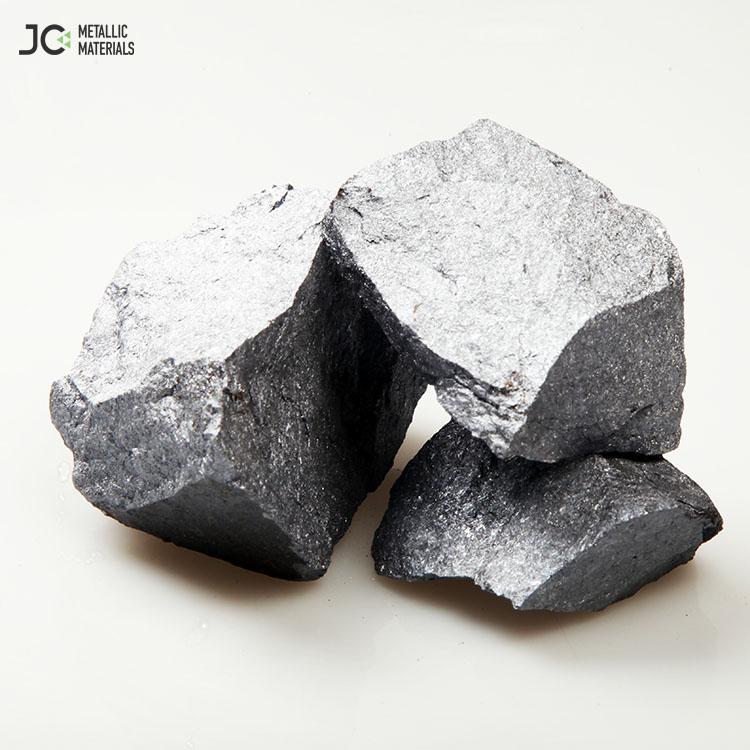
Titanium Carbide vs Tungsten Carbide: Which Material Is Right for Your Industry?
Titanium carbide and tungsten carbide are essential metals valued in aerospace, automotive, medical, and jewelry industries. Each metal has its own unique strengths, from light weight durability to extreme hardness. Selecting the right metal is important because their properties are different.
金春金属 is committed to providing precision-engineered metals powders and advanced material for industries around the world. We want to help you select the best metal for your project.
In this guide, we will compare tungsten and titanium carbide. We will compare their differences, uses, and benefits. This knowledge will help you choose the metal that is best suited for the application.
What is Titanium Carbide?
Titanium is lightweight and durable with exceptional corrosion resistance. It is used widely in the aerospace, automotive, and medical industries. It offers unmatched performance and reliability as well as versatile industrial applications.
It is resistant to chemicals, seawater and high temperatures. Titanium is biocompatible and can be used in prosthetics and implants without causing any harm. It also supports aerospace and marine applications.
Titanium alloys and powders are available, providing a variety of manufacturing options. It is widely used in 3D-printing, aircraft, vehicles and medical equipment.
Properties of Titanium Carbide
- High Strength-to-Weight Ratio: Titanium has a high strength-to-weight ratio, making it ideal for demanding aerospace and engineering applications.
- Corrosion Resistance:Titanium is corrosion resistant. It can withstand harsh industrial environments, including seawater and chemicals.
- Biocompatibility: Titanium medical implants are non-toxic, safe and ensure excellent compatibility with the human body.
- Thermal Stability: It maintains its strength at high temperatures and is ideal for automotive and aerospace engines.
- Durability: Long-term performance that reduces maintenance costs and replacement costs.
Types of Titanium Carbide
It is important to know that titanium comes in many different types. They are divided into two categories: commercially pure titanium and titanium alloys. Each has unique properties for different industrial applications.
1: Commercially pure (CP) Titanium
High titanium content, minimal alloying, excellent corrosion resistance and biocompatibility. Ideal for chemical processing and marine equipment.
2: Titanium Alloys
These alloys are used by aerospace, automotive and defense industries that require maximum durability and performance.
Pros and Cons of Titanium Carbide
Titanium offers strength, durability and corrosion resistance. But, like any material, it also has its drawbacks.
Pros
- High strength and lightweight:Lighter than steel, but still as strong.
- Corrosion resistance: Works well in seawater, industrial environments, and chemicals.
- Biocompatibility: Medical implants are safe due to their excellent compatibility with the human tissue.
Cons
- High Cost:Processing costs make it more expensive than other metals.
- Difficult Machining: This requires specialized equipment and increases production costs.
What is a Tungsten Carbide?
Tungsten is known as a strong, dense metal with the highest melting point of all pure metals. The aerospace, electronics and mining industries, as well as heavy-duty manufacturing, use it extensively.
The unique properties of this metal make it ideal for use in demanding environments. Tungsten is durable and reliable in applications such as cutting tools, industrial machinery, and drilling equipment.
Tungsten and carbon are often alloyed to produce tungsten carbide. This material is harder than steel. The aerospace, automotive, and high performance engineering industries rely on its exceptional strength and durability.
Properties of Tungsten Carbide
- Exceptional Hardness: Known for its exceptional hardness. It is ideal for applications such as cutting, drilling and wear resistance.
- High Melting Point: This metal has the highest melting temperature of all metals. It is stable in extreme heat.
- Uses:Heavy machinery, radiation shielding and other applications that require high density and strength.
- Wear Resistance: Provides superior resistance to scratching, abrasion and material degradation over the long term.
- Thermal conductivity: Conveys heat efficiently, ensuring efficiency for electronics and high temperature processes.
Types of Tungsten Carbide
It is important to know that tungsten comes in many different forms. It is generally divided into pure tungsten grades, and tungsten alloys, with each one designed for specific purposes.
1: Pure Tungsten
It is used for electronics, aerospace components, and filaments.
2: Tungsten Alloys (including Tungsten Carbide)
Combining carbon with other metals such as nickel, iron or copper, to increase hardness and wear resistance. Widely used in cutting tools, industrial machinery, defense and mining.
Pros and Cons of Tungsten Carbide
Tungsten is a powerful metal for industrial use. It is extremely hard and durable. However, like all materials, it has its limitations.
Pros
- Extreme Hardness:Its superior hardness makes it the ideal material for cutting and wear-resistant tools.
- Heat resistance: Absorbs extreme temperatures without losing shape or strength.
- Durability: Longevity is achieved by using durable materials that reduce the need for frequent replacements, which in turn lowers maintenance costs.
Cons
- Brittleness:It is more brittle than most other metals and can crack under impact.
- High cost processing: Difficult to machine, increasing complexity of production and costs.
Final Thoughts
Both materials are lightweight and offer heat stability. However, tungsten carbide is extremely hard and resistant to wear. Both materials are used in different industries, including aerospace, medical and industrial. When industries compare their types, properties and applications, they can choose the best option. 金春金属 offers affordable powder solutions that provide reliable, customizable and cost-effective supplies to meet global advanced manufacturing requirements.
Jinchun Metal: Affordable Metal Powder Solutions
Chengdu Jinchun Metallic has been a leader in the production of high-quality metal powders since 2012. The company supplies ferroalloys, rare earths, non-ferrous and high-purity metal powders to industries like 3D printing and welding. They also supply surface coating, diamond tooling, battery cathodes, and other materials.
The facility has advanced processing technology, including atomization and plasma spheroidization. It also includes ball milling, crushing magnetic separation, prealloying, iron removal, and airflow grinding. ジンチュン holds several patents and certifications, including ISO9001, CE and COA, to ensure consistency in quality, performance and compliance.
Chengdu Jinchun Metal is known for its competitive prices, minimum order quantities that are flexible (some metal powders can be ordered in as little as 1-2kg), particle sizes that can be customized, and quick delivery. Asia, Europe and the Middle East are among their global export markets. Also, they offer OEM/ODM service.
Most Asked Questions About Titanium Carbide vs Tungsten Carbide
Q1: Whichone is harder?
Answer: Tungsten carbide has a Mohs Hardness of 8-9. Titanium carbide, on the other hand, is softer, at around 9, but is less dense.
Q2: Which one is lighter?
Answer: Titanium carbide has a lighter weight than tungsten carbide, which makes it more suitable for applications that prioritize reduced weight.
Q3: Which one can handle high temperatures?
Answer: Titanium carbide is used for cutting tools and aerospace applications that are exposed to extreme temperatures.
Q4: Which one is more durable?
Answer: Tungsten carbide is ideal for heavy-duty applications such as drilling and mining.
Q5: Which is the more cost-effective option?
Answer: Titanium carbide, compared to tungsten carbide, is less expensive but less durable.
